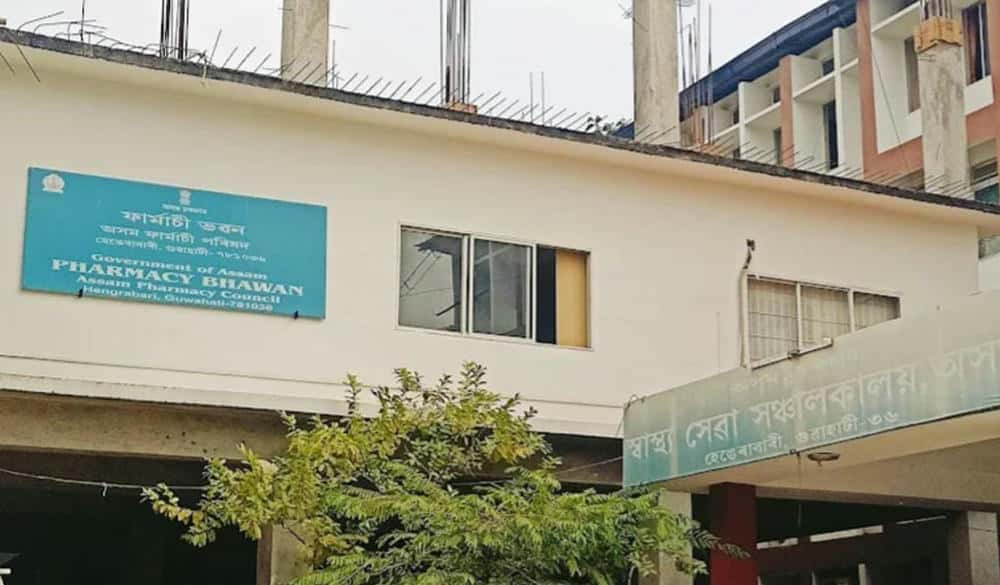Pharmacists fire warning shot: AAPP demands action from Assam CM on council delay, illegal dispensing, and drug misuse

The Association of Advanced Pharmacy Practitioners (AAPP) has turned up the heat on the Assam government, demanding immediate action from Chief Minister Himanta Biswa Sarma to revive the long-stalled Assam Pharmacy Council and address critical gaps threatening the integrity of the pharmacy profession in the state.
In a letter addressed to the Chief Minister, AAPP president Birendra Kumar Barman and general secretary G. Haloi highlighted that more than a year has passed since the declaration of results under Section 19(a) of the Pharmacy Act, 1948, yet the Assam Pharmacy Council (APC) has not been fully constituted under Section 19. “This prolonged delay is unacceptable,” the letter stated, urging Sarma to take swift action on this long-pending issue.
The AAPP also called for immediate formulation and notification of recruitment rules for the post of Deputy Director of Pharmacy—a Class I gazetted position. They demanded that the appointment process be conducted transparently through the Assam Public Service Commission (APSC) or the Medical and Health Recruitment Board, as per established eligibility norms.
The association demanded strict enforcement of Sections 41 and 42 of the Pharmacy Act, 1948, which prohibit the dispensing of medicines by anyone other than a registered pharmacist. “This is a public health emergency,” AAPP stated. “Illegal dispensing by unqualified individuals must be prosecuted, with regulatory fines and penalties imposed to ensure compliance and add revenue to the state.”

Citing successful implementation in Arunachal Pradesh, AAPP urged Assam to adopt the Medical Council of India (MCI)-approved prescription format. This format, they argue, enhances transparency, reduces medication errors, and helps control the rampant misuse of sedatives and psychotropic drugs—an issue of growing concern across both urban and rural Assam.
To prevent fraud and track credentials, AAPP recommended making a No-Objection Certificate (NOC) mandatory for pharmacy students seeking to study outside Assam. This would help maintain a government-verified database, improve future registration monitoring, and block substandard qualifications from infiltrating the profession.
The body also called for a rule ensuring that Diploma students must clear their exit exam before being allowed to undertake the mandatory 500 hours of practical training. “Only qualified students should step into real-world pharmacy responsibilities,” the letter said.
The AAPP concluded by calling for “rigorous, proactive enforcement” of the Pharmacy Act to uphold public health, professional accountability, and regulatory integrity. The ball is now in the Chief Minister’s court.

Leave a Reply